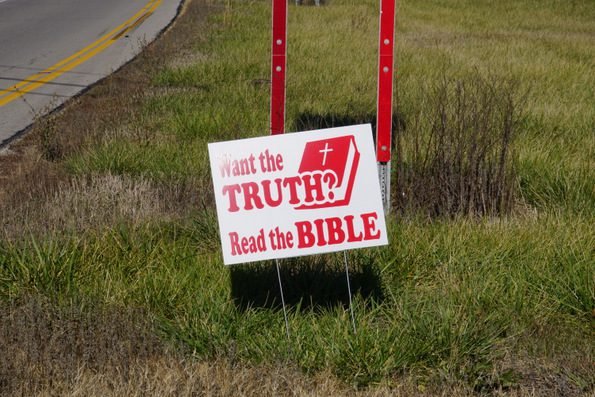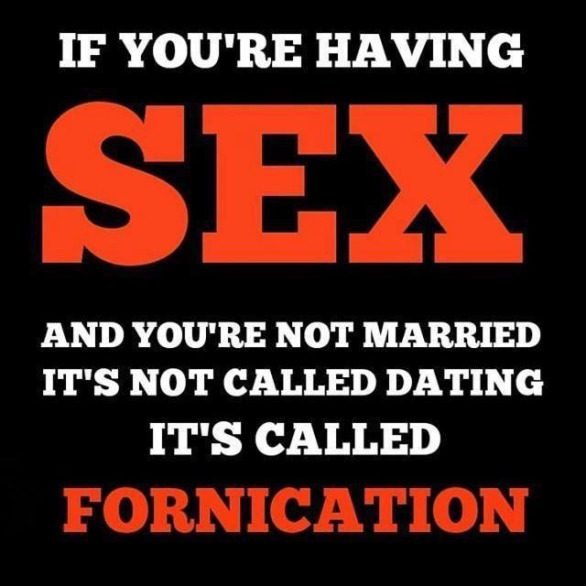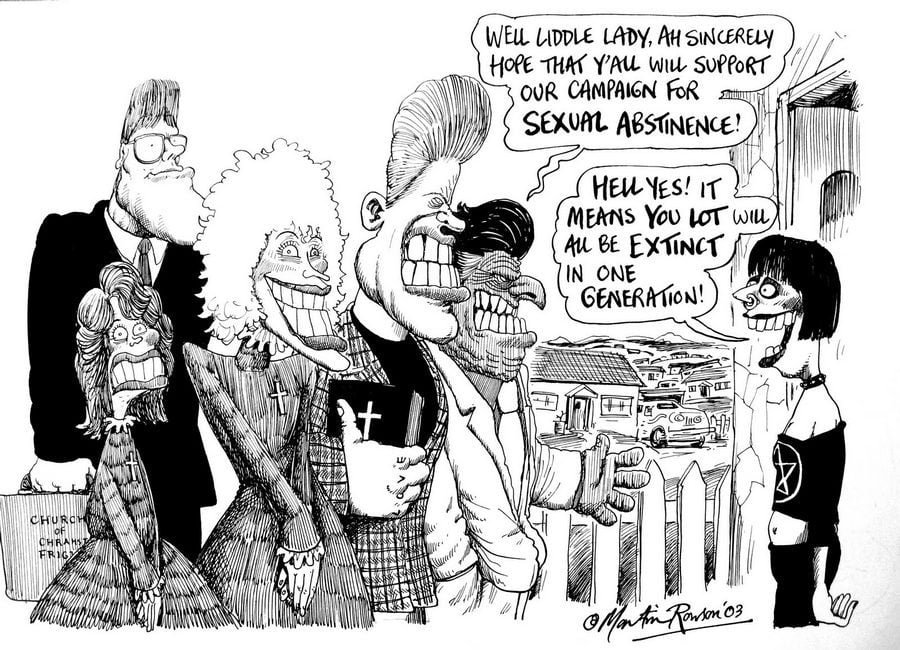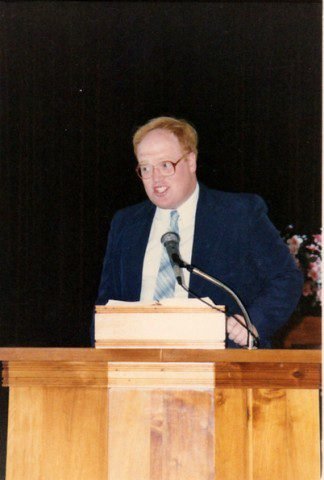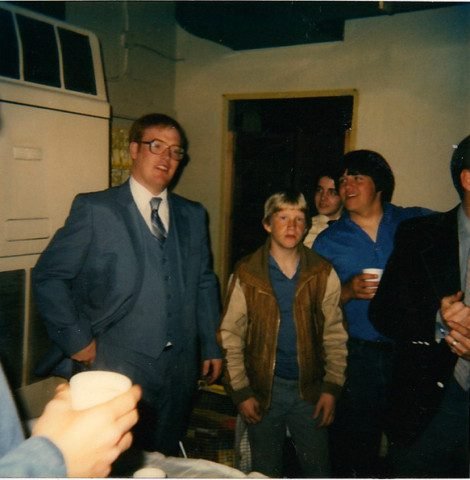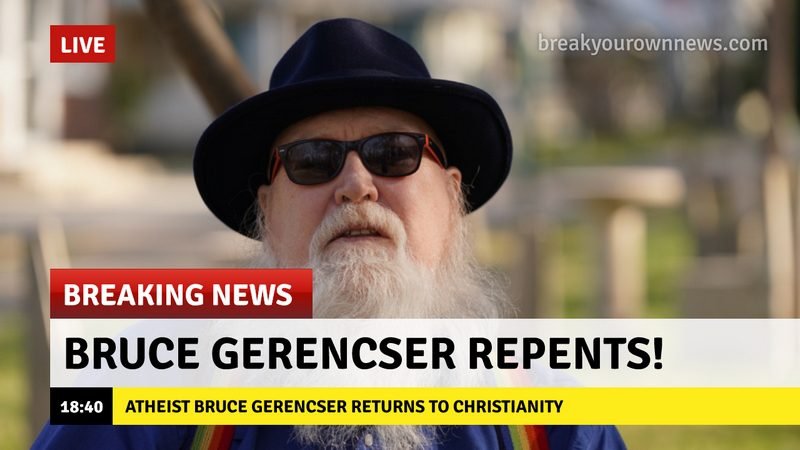
Guest post by MJ Lisbeth
He cradled the baby girl in his arms. But he did not beam with pride; instead, his face took on the sober look of someone who realizes how much responsibility he has.
“Redemption,” he rasped. “She is my chance at redemption.”
He’d killed. It was not a boast or a threat ― or even a confession. Just a statement of fact: “I killed.” Several times, many people ― about 600, by his reckoning. That the murders ― yes, he called them that ― were sanctioned by his country and ordered by someone above him on the chain of command did not matter, he said. They were murders, pure and simple, he said.
“I killed. There’s no other way to say it.” He didn’t wait for me to take in what he’d said. Truth is, I couldn’t have, not until much later. “And there’s no justice, there can never be justice,” he continued. “If you are a human being, there’s no way you can justify killing another human being.”
He glanced at the baby in his arms. “All I can do is to love her, give her the best life I can.” That, he said, was his only hope of “redemption” and the only “step” he could take “toward justice.”
One reason why his words have stuck with me is that he is the sort of man he was: a blue-collar guy from a blue-collar background. His family went to church every Sunday but weren’t terribly religious otherwise. He went to Vietnam, he said, “without much faith, with only a vague belief in God” and “came back with none.”
I thought about that man, long gone, when I heard about the events in Tulsa and Charlotte. I am no historian, but somehow I sensed that the news, well, wasn’t new. Like too many other American cities, both are simply re-enacting long-standing fears and resentments between white and black, police and civilians, and those who have and those who have not.
All it took was a few minutes on Google to confirm my suspicions. Although Charlotte would witness neither the peaceful demonstrations nor the angry protests of the Civil Rights movement that rocked nearby Greensboro, it was a very troubled city, at least according to accounts like the one James Baldwin gave in The Fire Next Time.
Like Charlotte, Tulsa also did not host peaceful protests or erupt into riots during the turbulent 1960s. But the self-proclaimed “Oil Capital of the World” was the stage for one of the most destructive race riots in the history of the United States. That conflagration, like too many others that came before and after it, was sparked by “ black ram is tupping your white ewe” rumors.
On the morning of 30 May 1921, 19-year-old shoeshine “boy” Dick Rowland rode an elevator in the Drexel Building with a white woman named Sarah Page. You can guess what happened next: Accounts of the incident changed from one telling to the next, each taking on a layer of lurid exaggeration spun from stereotypes about violent, priapic black men. The next day, Tulsa police arrested Rowland and began an investigation.
The fears that shaped those re-tellings of the story found a platform in an incendiary article in the Tulsa Tribune that sparked a confrontation between black and white mobs around the courthouse, where the sheriff and his men barricaded the top floor to protect Rowland. Shots were fired and the blacks, badly outnumbered, retreated to the nearby Greenwood district.
At the time of this conflict, the “Harlem Renaissance” was taking shape. If Harlem was the Florence of Black America, the Greenwood District of Tulsa was ― as it was often called ― the Black Wall Street. There was, perhaps, no greater concentration of African-American wealth than was found in the banks, hotels, restaurants, jewelry shops and other businesses in the area.
The white mobs pursued the blacks into Greenwood, shooting at them and rampaging through homes and stores. Tulsa’s police chief then deputized hundreds of white residents to descend upon the neighborhood commandeered gun shops to arm them. He also commandeered private planes to drop bombs in the area.
It is no exaggeration to say that, twenty-four hours later, the Greenwood district had been wiped off the face of the earth. Reports from the time said that 100 to 300 people were killed, but the exact death toll will probably never be known. Bodies were bundled into trucks and shoveled into mass graves by the Arkansas River.
The Greenwood district obliterated, the story of its destruction didn’t make it into history books. I minored in history, but only learned of the Tulsa pogrom accidentally, when doing ― you guessed it ― a Google search on another topic. Attention has come to it only during the past few years, as the lawsuits for reparations on behalf of the few remaining survivors have been filed.
One of those survivors is Olivia Hooker, 101 years old. The next time you hear someone say that African Americans should just “get over it,” tell that person about Ms. Hooker. She earned a bachelor’s from Ohio State University, a Master’s ten years later from Columbia and a PhD in Psychology from the University of Rochester. That, after becoming ― at age 6 ― one of the thousands of people left homeless from the massacre. Oh, and she was the first African American woman to join the Coast Guard ― after the Navy refused her because of her race.
She is not seeking reparations for herself, she has said, as much as she is trying to ensure that the terrible events of Tulsa are not forgotten. That is not surprising when you realize that during her life, she has been an educator (both of her parents were teachers) as well as a psychologist and advocate ― and that she joined the Coast Guard, she says, not because she was interested in a military career but simply to break down a barrier.
In other words, she wanted to achieve justice. And that is what she still wants.
If the birth of a child can be someone’s chance at redemption, could it be that we are gifted with the very old to give us opportunities, however fleeting, to achieve justice? If this is the case, people like Olivia Hooker are our last opportunities to do so, at least for those whose lives were destroyed by a racial pogrom in Tulsa in 1921. And for those whose lives have been ended, or upended, by the tensions that have simmered and, at times, flared up during the near-century since those terrible days in Tulsa.
Bruce Gerencser, 66, lives in rural Northwest Ohio with his wife of 45 years. He and his wife have six grown children and thirteen grandchildren. Bruce pastored Evangelical churches for twenty-five years in Ohio, Texas, and Michigan. Bruce left the ministry in 2005, and in 2008 he left Christianity. Bruce is now a humanist and an atheist.
Connect with me on social media:
Your comments are welcome and appreciated. All first-time comments are moderated. Please read the commenting rules before commenting.
You can email Bruce via the Contact Form.

